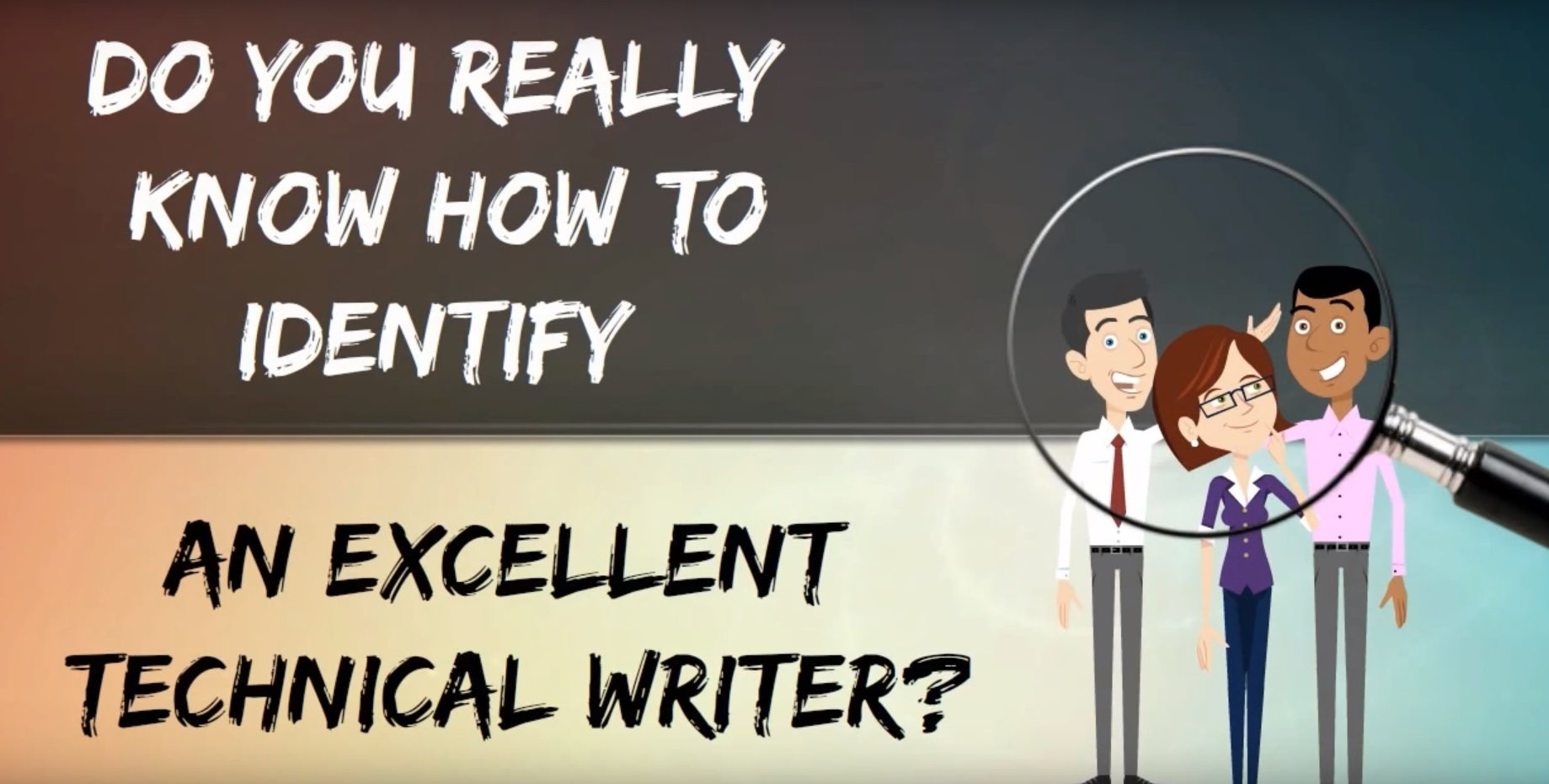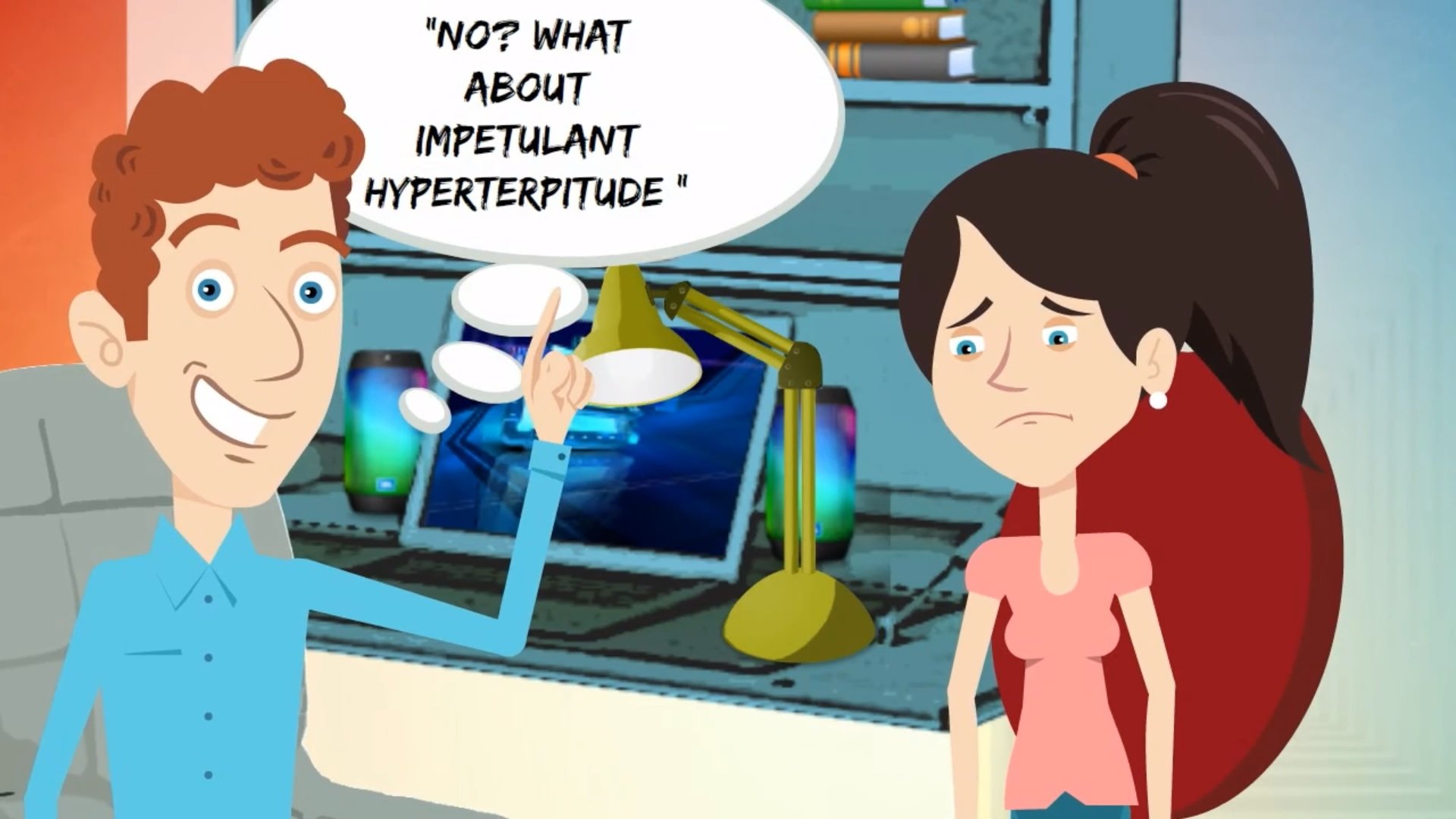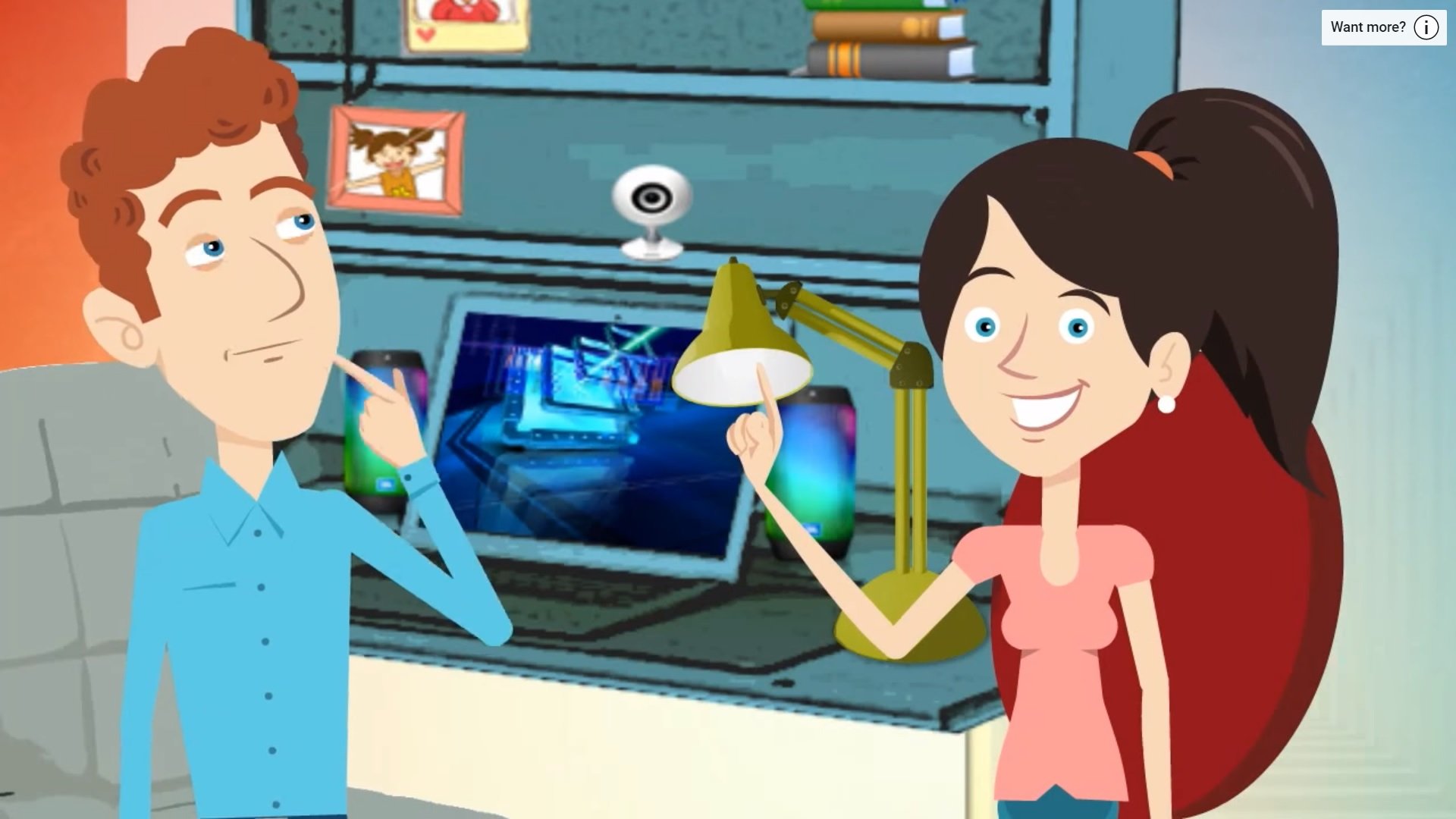HOW THE @#&% DO YOU INTERVIEW A GREAT TECHNICAL WRITER?
21 Oct. 2020
I’ve been working in hi-tech for 20 years. My specialty is technical documentation but I’ve also been a product manager and a project manager; I’ve managed developers, QA people and system engineers. But I myself am not an engineer and because of that I would never trust myself to interview and select someone for a pure engineering role – software development, algorithm design and the like – without the involvement of someone with experience in those specific areas. I simply don’t know enough (I could never pass any of those chess game quizzes myself).

So, it makes me a little crazy when R&D managers, product managers and other engineers think they know enough to identify and hire a good technical writer. Sometimes they make the stupidest mistakes. And often they get it horribly wrong and need to undo what they’ve done and look for another tech writer (which should make me happy, since in many of those cases, they call in my company, JBS, to bail them out).
But if you’re a hi-techie who wants to hire a tech writer without the help of an experienced documentation specialist, I feel an obligation to the trade and still feel like I’d like to help you out. (My experience in technical documentation, makes up for my lack of engineering degree, and I am happy to share).
It’s important to remember that although Technical Documentation is part of the overall product development life cycle, it is a discipline unto itself. If you try to interview and select a tech writer the same way you hire a developer, you are likely to mess up.
It all starts from how you interview and what questions you ask.
Here are a few tips that can help you do a lot better.
TOP MISTAKES TECH COMPANIES MAKE WHEN THEY INTERVIEW AND CHOOSE A TECHNICAL WRITER
Here are some of the most common mistakes I see you (techie managers who don’t have significant documentation experience) make:
- You say things like “it’s ok if you’re not a native speaker of English; we can use spell check.” See Really Important Question number 6 below (hint, tools are just tools, content is what matters).
- You expect the tech writer to be a documentation manager and know how to plan, schedule and prioritize your entire document set. Well, someone should be responsible for this work plan, but not every tech writer is a documentation project manager. See Really Important Question number 5 below

- You insist that the technical writer must have experience in your specific domain and you make this the most important criteria. You say things like “Our product is very technical; very, very, very technical”. And you say things like, “The tech writer that works with us must have experience with Hadoop, Apache servers and YARN-based systems. (Because our product is very, very, very, very…)” You focus on this, and maybe you actually find a writer who’s written a few pages here or there about a Hadoop-related product. But chances are that you forgot to ask the really important questions. For example, they may know Hadoop but be really difficult to work with. See Really Important Questions 1 and 2 below.
- You ask questions like: “How much of our engineer’s time will you waste..uh, I mean, how much of our engineer’s time will you need?” Now this is a valid, and important consideration; but asking it this way won’t get you the information you need. See Really Important Question number 3 below
- Sometimes you get caught up on documentation tools. You say things like, “We’ve been asking around and we think we should write our documents in Java Markdown Latex version 2.62 and publish them in a RESTful JSON framework .” – See Really Important Question number 4 below (hint, tools are just tools, content is what matters).
- You say “I know you have no experience but you’re my friend’s English-speaking cousin and he says that you’re desperate and you’ll work cheap.” See Really Important Question number 6 below
THE REALLY IMPORTANT QUESTIONS (AND WINNING ANSWERS)
- Can you estimate how long this project will take?
“Sure, but that will require some input from you, like existing documents, a detailed description of what needs to be updated, your requirements for formatting, etc. With that information I can consult with my manager at JBS and she will help me prepare a detailed work plan. It will list the times when we can have each draft ready and the schedule to be met from your side – including feedback – in order to ensure completion of the project on time.”
- How can a technical writer help improve a product overall (beyond writing great tech documents)?
Let’s hope that you get answers like these:
“The tech writer is the advocate of the user. They should look at the product the way a user would and give feedback on any aspect of the user experience; from UI texts, intuitiveness, workflow and even things like performance or how this product compares to other products that solve the same problem.”
“The tech writer is an active part of the team. She can participate in Scrum meetings or any kind of team activities. She can help think through work processes and can even pitch in at times to help with things like QA, lab setup, etc.”
- Can you tell me about the last company you worked with?
There is so much you can learn about your candidate from the way they answer this question. You can learn about their attitude – did they identify with the place of work; their knowledge – can they explain what technology they were working on? Did they have a basic grasp of the business model and competition?
This question and the next are much better than asking the candidate about their knowledge in your specific domain.
- Please tell me about a technology that you are very familiar with?
This is critical. A good technical writer MUST be able to explain the technology at a functional level and with at least some understanding of the architecture and various components. They should be enthusiastic when they talk about this. They may be critical of the technology or the development process (things like “they were always late”) but they must see the technology at the center of what they were doing.

- What tools do you work with?
“Well, I’m an expert at MS Word and a couple of Online Help tools, but the way I look at it – all authoring tools use a similar paradigm. I can quickly learn whatever you feel is right for your company. And if you’d like, I can look at the tool options available and tell you what I think is right for this scenario.”
- Can I speak to your previous managers? Will you please take our short writing test so we can assess your ability to communicate complex concepts in a clear, concise way?
“Sure, I will send you their contact details and I’d be happy to take your writing test.”
HAVE YOU WATCHED THE VIDEO?
Send a Message
LOOKING FOR WORK?
Click here for job listings and to register in our technical writers database.

